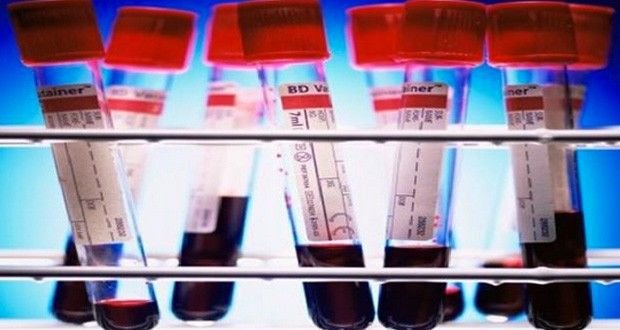Yes, this blood group is superior to others
E new scientific theories tend to show that the type of blood flowing in your veins also influences your health. What are the differences between blood groups? Can we consider a group as "superior"? Explanations.
Your blood type helps you better understand your health profile
The blood flowing in our veins would be strongly linked to our health. In fact, naturopaths explain that certain nutritional diets would be unsuitable for your type of blood. This "blood group regime" is based on the principle that each blood group possesses characteristics inherited from our ancestors and that are more or less compatible with our current diet.
They suggest consuming only appropriate food for our blood group, helping us find or regain our ideal body weight, and also preventing a number of diseases. Today, research has distanced itself from the blood group / diet association ... A study by Canadian researchers, published in the journal Plos One, shows that this regime has no scientific basis. For this, they analyzed the diet of 1455 participants for a month.
Then, they determined the adherence to each of these diets (A, B, 0), through an index they calculated. Conclusion: While some standard regimens had a positive impact on cardiovascular health, these effects were unrelated to the blood group.
In Japan, however, learning about a person's blood type is as commonplace as asking for the astrological sign. Indeed, the blood group would guess the personality and character of the person ... Moreover, during a job interview, the recruiter will systematically ask for the blood type!
4 distinct blood groups
Nevertheless, our health would be to some extent related to our blood type. There are 4 types A, B, AB and O (or ABO). The blood group is determined by the absence or presence of antigens in the red blood cells that trigger an immune response in the body. We each have specific antigens that allow the immune system to decide whether a substance is foreign or not. These are two genes inherited from our parents that codify the blood group. Each blood group therefore has its own antigens, with the exception of the group O which does not have any but has two antibodies.
Blood group O: "universal" blood
People in this blood group are "universal donors" because they can give blood to people of all blood types, but they can only receive blood from the same type of blood. People in the AB + group are universal recipients but they can only give blood to the AB + group.
According to the experts, this blood group stands out clearly because the people of group 0 are less prone to the risks of cardiovascular diseases (Cerebrovascular accident, stroke). Moreover, the likelihood that these people will be affected or may die from malaria is greatly reduced.
People in the AB blood group have a higher risk of experiencing health problems of this type. People in blood group 0 are also more safe from certain types of cancers such as stomach or pancreatic cancer for example. In general, people in blood group 0 tend to be considered relatively "protected".
Advantages and disadvantages of blood group O
People in this group tend to be more sensitive to acid upwelling in the stomach, but they can easily digest fats and proteins. Their digestive system facilitates the metabolism of cholesterol of animal origin. Moreover, simple carbohydrates like cereals are easily converted into triglycerides and fat.
The blood group 0 people more prone to anger?
Excessive anger, tendency to hyperactivity, seizures, etc. Caffeine is therefore particularly harmful to them and is often discouraged.

بتوفق لك أخي